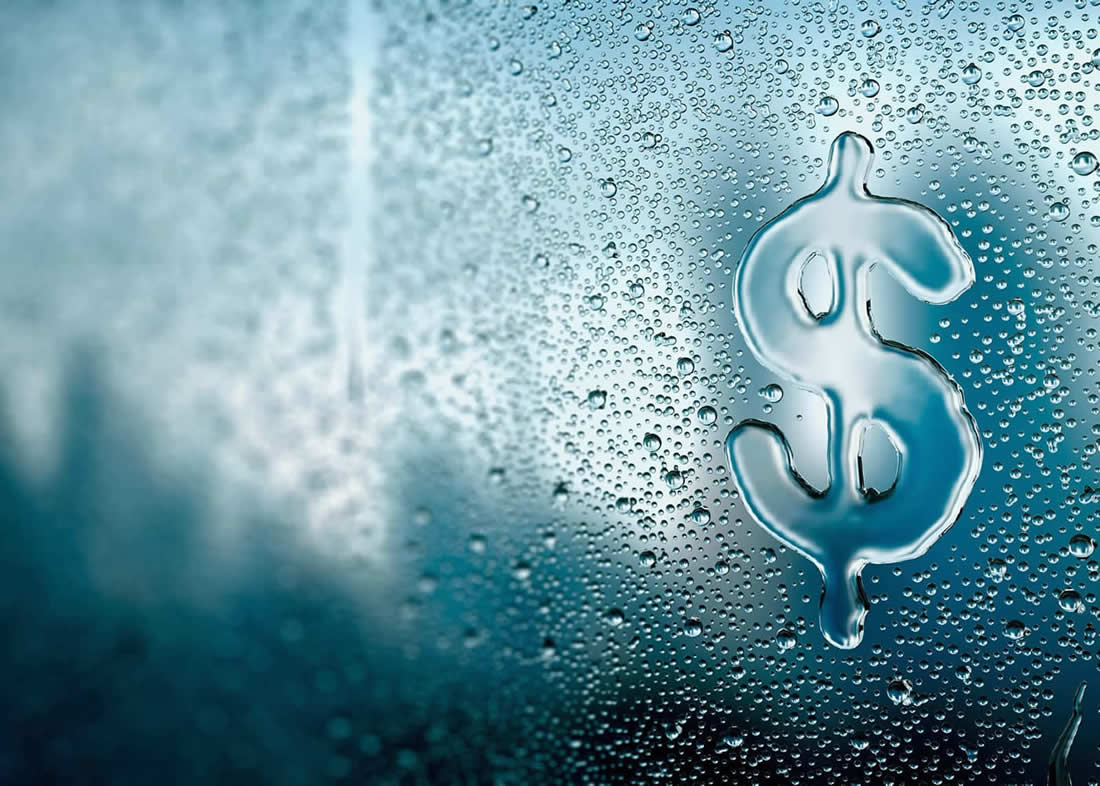The "True" Cost of Water

Unfortunately, headlines like this are likely to become increasingly common. We live in a time period when the effects of local population growth, poor resource planning, and climate changes can very quickly generate a lot of stress on a region’s existing water supply. As an EHS & Sustainability leader, the question you have to ask yourself is: "Are you prepared?"
If you are in a manufacturing industry that uses a substantial amount of water in the production process, have you evaluated the local water supply recently? Do you have a program in place to reduce water consumption, and is that program working? What would you do if your city required mandatory water restrictions, including a reduction in water use at you manufacturing plant? Unfortunately, it is a part of our human nature to delay until the problem becomes painful, and then the problem and the cost of the solution are always exponentially higher.
One thing I’ve found consistently among plant managers that prevents them from implementing water reduction projects is the perception that the cost of water is low. That perception stems from the fact that most people consider only the utility costs of water supply when they think of "water cost". The reality is that water costs much more than what is on the water bills. Water has to be treated, pumped, stored, heated or cooled, and discharged or disposed of. These operations require energy, chemicals, equipment, and labor. When evaluating water reduction projects, quantifying the "true cost" of water will greatly reduce the payback period for any associated capital investments. Increasing your water security can be profitable as well.
For those of you who have created a water management strategy, how did you demonstrate the "true" cost of water to your leadership team? What are some of the tactics that you've found to be particularly effective?
Related
About the Author

Roman Lis
MWH Global Inc.
Roman Lis, PE, CEM. Roman Lis is MWH’s Global Intelligent Water Management Practice Leader. Roman has over 20 years of experience in water management, wastewater treatment, energy efficiency, sustainability, and multi-media regulatory compliance.
He specializes in providing high value services to industrial clients that reduce operating costs, manage risk, and provide a significant payback. He has had many successful water efficiency projects across a wide spectrum of industries including
chemical, petroleum, food, aerospace, metal fabrication, foundries, metal-casting, packaging, automotive parts, and other manufacturing industries.

